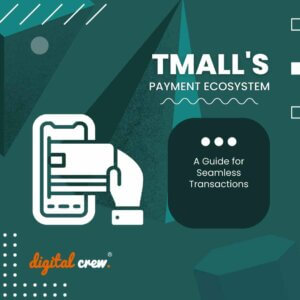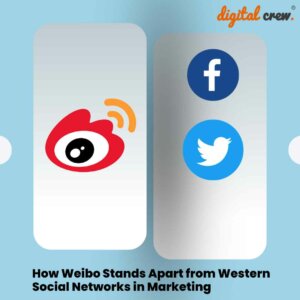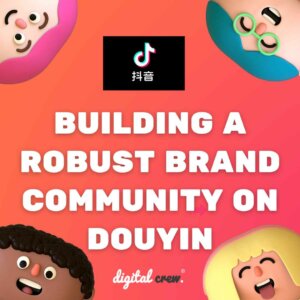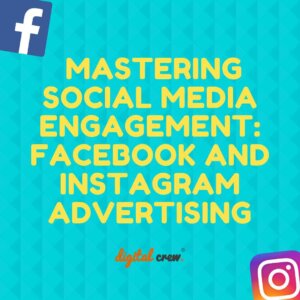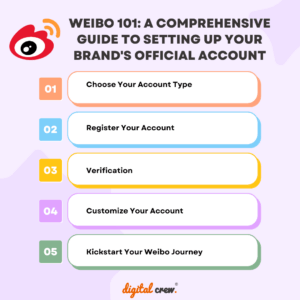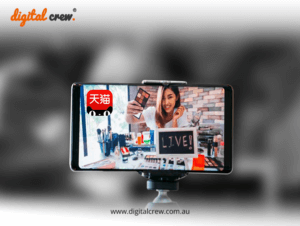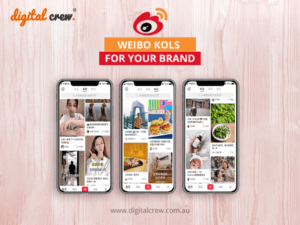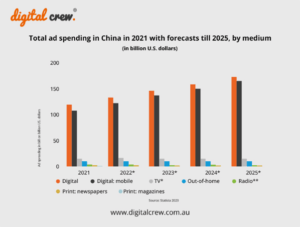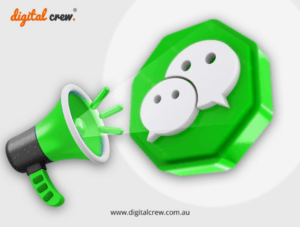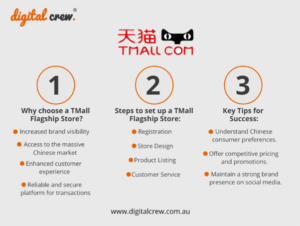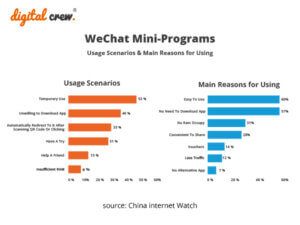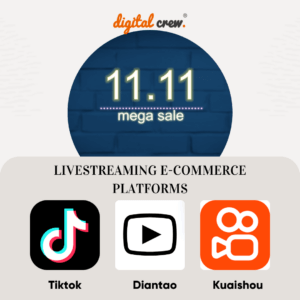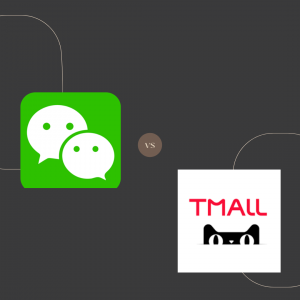With Facebook, Twitter, YouTube and Google+ all banned in China, businesses need to look to Chinese social media networks for product marketing and customer engagement.
Engaging with people through social media in China has the potential to be very effective, as China’s own platforms certainly get a lot of use. In fact, evidence seems to suggest that Chinese people spend a great deal of time online, particularly on social media.
But it’s not just a matter of using the same techniques as you would in Australia with an added Chinese spin; it’s better to develop a deeper understanding of how the Chinese engage with social media in their day-to-day lives.
How social media differs in China
Here are four ways that the use of social media in China is different to how it is used in Australia.
- Social media is more diversified in China
In Australia and other western countries, Facebook and Twitter tend to dominate. In China, there is a whole multitude of social platforms, many of which have over 100 million users. Examples of popular platforms include:
- Sina Weibo – a microblog (140-character) network with some similarities to Twitter.
- WeChat – somewhat like WhatsApp, but with features ‘borrowed’ from Facebook, Twitter, Skype and others.
- Kaixin 001 – network geared more towards professional, slightly older users.
- QZone – platform with some similarities to Myspace that tends to attract the under-25s.
- RenRen– used predominantly by teens and students.
- Pengyou – this translates as ‘friend’ and is used by people to make friends and follow brands.
- com – a business network somewhat like LinkedIn.
- Diandian – similar to Tumblr.
- Douban – used largely for the arts, film, music and hobbies.
- Youku and Tudou – Chinese alternative to YouTube, but often with longer content length.
- Social media use is higher than in the west
We might think we are pretty prolific users of social media in Australia. In China, its use is even more prevalent. Most internet users have at least one – if not many more – social accounts. Chinese citizens spend as much as 40% of their online time on social media, and according to Social Media Today, 38% of internet users make shopping decisions based on social network recommendations.
It’s been suggested that one of the drivers of high social media use is the country’s one-child policy, which has led to many people seeking online contacts and friends.
- Chinese social media is more mobile driven
The use of mobile for accessing the internet is growing very fast in the west. In China, it has actually dominated for some time, and there are a number of mobile-only platforms such as WeChat.
- In China people tend to be trusting of brands and branded content
Some research suggests that 77% of consumers prefer brands that have a social presence. This is certainly something to consider when marketing to China.
How to make use of Chinese social media
While marketing through social media tends to have a lower profile than other channels in Australia, in China, engaging through social media is essential for connecting with customers and marketing your product.
Suggestions for using social media in China include:
- Use social networks to do your own consumer research by checking what customers are saying about products and brands.
- Always post content that is highly user-oriented and entirely authentic.
- Be willing to listen and learn from feedback. By doing so, you can modify your content and adapt it more towards your audience.
- Put your users centre-stage and involve them through offering competitions, asking for views, input and ideas.
For more in-depth assistance and advice on marketing your brand through Chinese social media, contact our marketing team. We can assist you in creating an effective social media strategy, and in tailoring your content to the Chinese audience.














